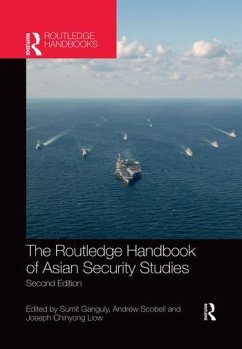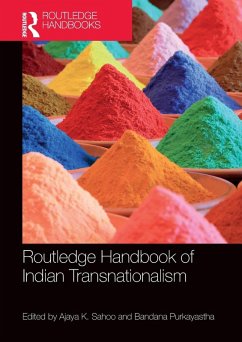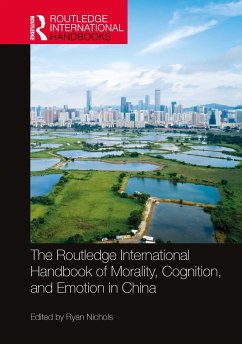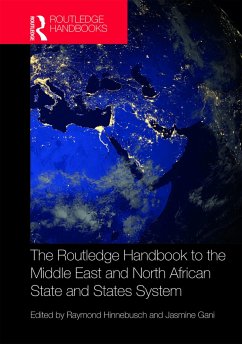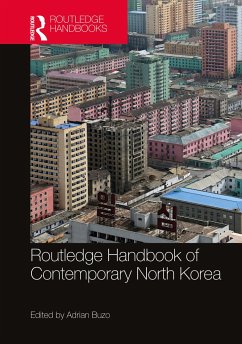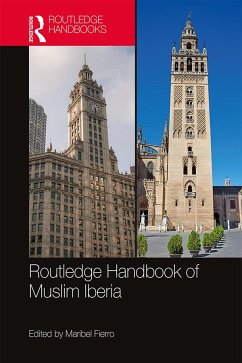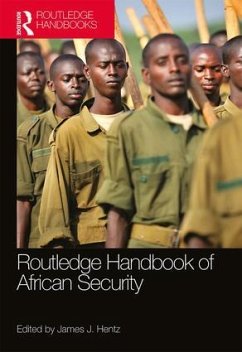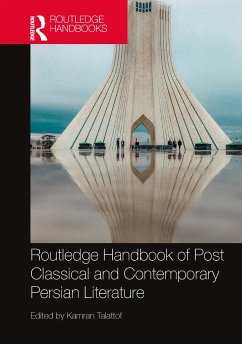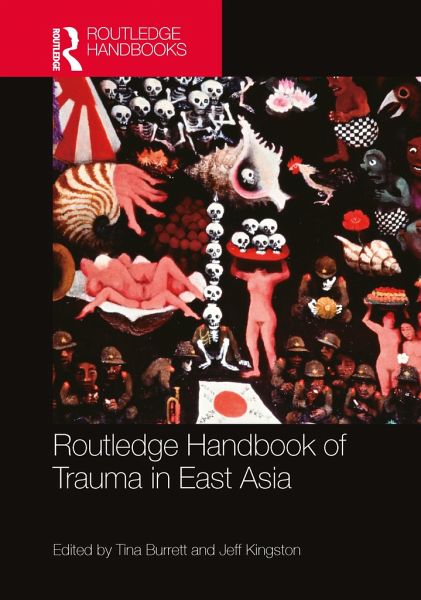
Routledge Handbook of Trauma in East Asia
Versandkostenfrei!
Versandfertig in 1-2 Wochen
242,99 €
inkl. MwSt.

PAYBACK Punkte
121 °P sammeln!
This handbook explores trauma in East Asia from the nineteenth to the twenty-first century, assessing how victims, perpetrators and societies have responded to such experiences and to what extent the legacies still resonate today. Mapping the trauma-scape of East Asia from an interdisciplinary perspective, including anthropologists, historians, film and literary critics, scholars of law, media and education, political scientists and sociologists, this book significantly enhances understandings of the region's traumatic pasts and how those memories have since been suppressed, exhumed, represent...
This handbook explores trauma in East Asia from the nineteenth to the twenty-first century, assessing how victims, perpetrators and societies have responded to such experiences and to what extent the legacies still resonate today. Mapping the trauma-scape of East Asia from an interdisciplinary perspective, including anthropologists, historians, film and literary critics, scholars of law, media and education, political scientists and sociologists, this book significantly enhances understandings of the region's traumatic pasts and how those memories have since been suppressed, exhumed, represented and disputed. In Asia's contested memory-scape there is much at stake for perpetrators, their victims and heirs to their respective traumas. The scholarly research in this volume examines the silencing and distortion of traumatic pasts and sustained efforts to interrogate denial and impunity in the search for accountability. Addressing collective traumas from across East Asia (China, Hong Kong, Japan, Russia, Singapore, South Korea, Taiwan and Vietnam), this book is a valuable resource for students and scholars of Trauma and Memory Studies, Asian Studies and Contemporary Asian History more broadly.



